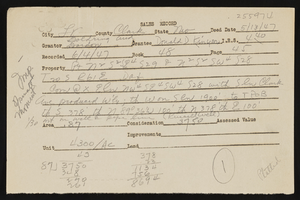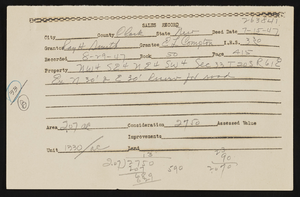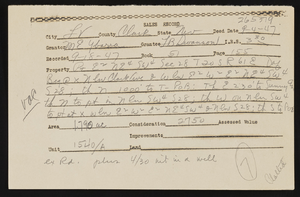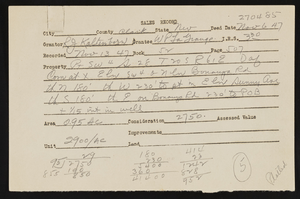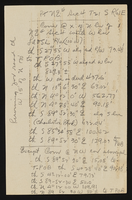Search the Special Collections and Archives Portal
Search Results

Interview with Oscar Foger, May 5, 2005
Date
2005-05-05
Archival Collection
Description
Narrator affiliation: Miner, Reynolds Electrical and Engineering Company (REECo)
Text
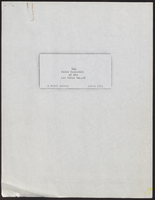
The water resources of the Las Vegas Valley: a brief survey, March 27, 1931
Date
1931-03-27
Archival Collection
Description
Overview of the water resources in the Las Vegas Valley, includes maps
Text
Pagination
Refine my results
Content Type
Creator or Contributor
Subject
Archival Collection
Digital Project
Resource Type
Year
Material Type
Place
Language
Records Classification


